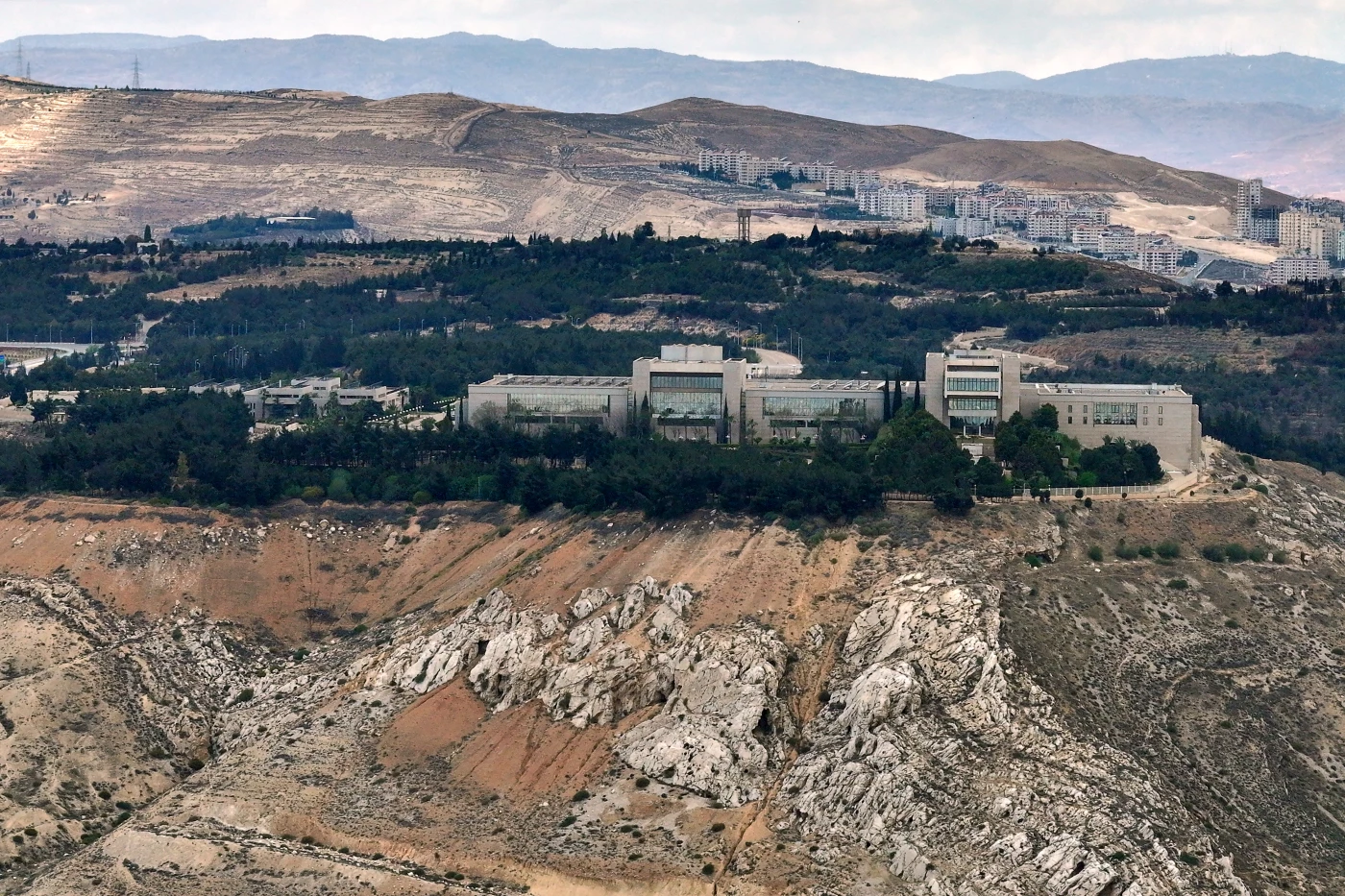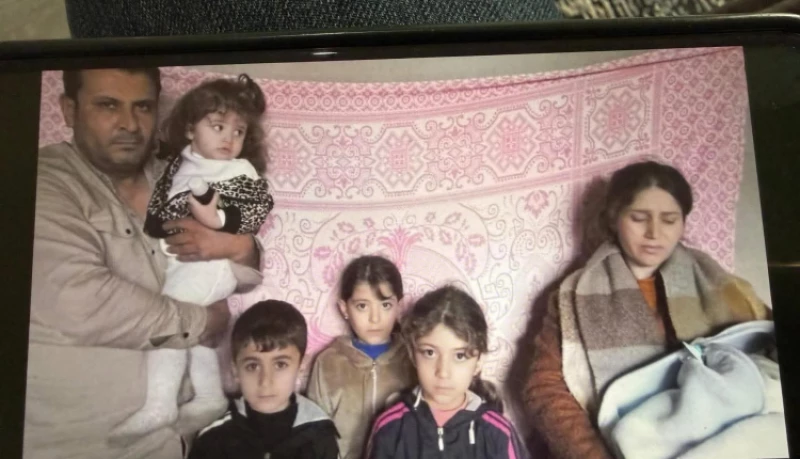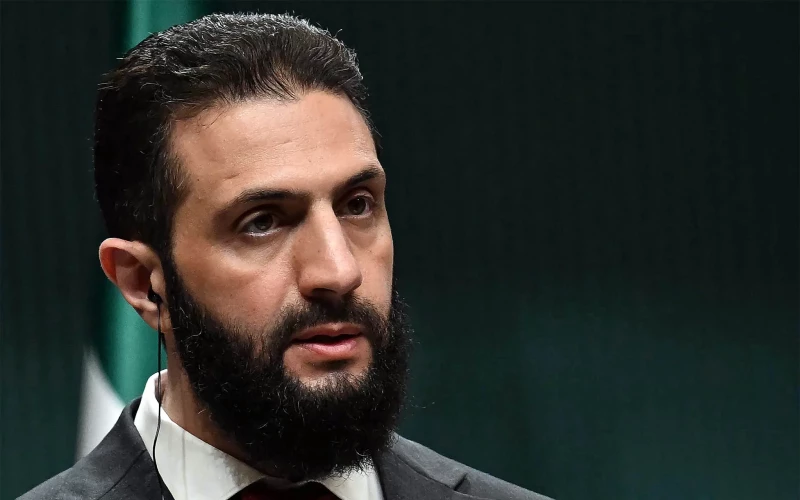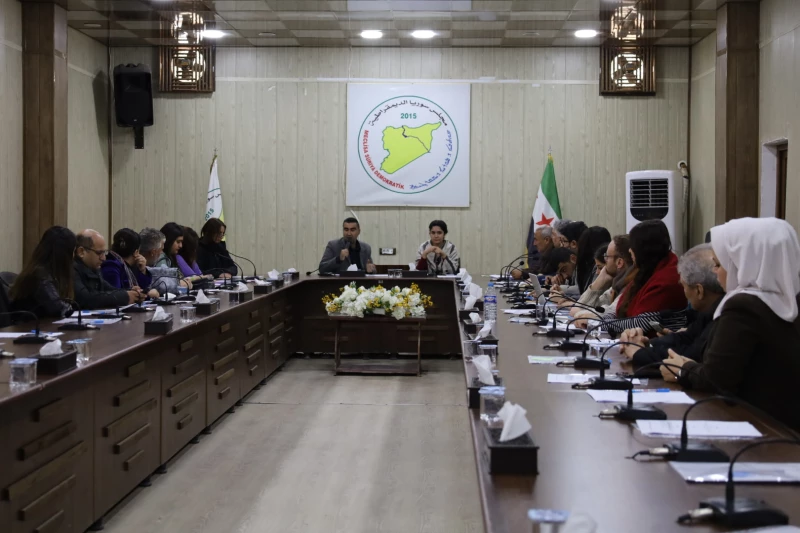ERBIL, Kurdistan Region of Iraq - Syria strongly condemned an Israeli air strike on Friday near the presidential palace in Damascus, deeming it a “dangerous escalation.”
The Israeli military launched airstrikes at dawn on Friday near the Syrian presidential palace in Damascus, after the Israeli defense minister threatened the Damascus authorities with force should they continue targeting the country’s minority Druze community.
The Syrian Presidency said it “condemns in the strongest terms" the strike in a statement, warning that the bombing was "a serious escalation against state institutions,” and the country's "sovereignty”.
“The Presidency of the Republic calls on the international community and the Arab world to stand by Syria in confronting these aggressive attacks, which violate international laws and conventions,” the Syrian presidency wrote.
The state of Qatar also condemned Israel's Friday strikes.
“The State of Qatar warns that the occupation’s repeated strikes on Syria and Lebanon and the continuation of its brutal war on Gaza would ignite a cycle of violence and chaos in the region,” the Qatari Foreign Ministry said in a statement, urging the international community to mount pressure on Tel Aviv to stop its attacks on Syria.
Doha reiterated its support for Syria’s sovereignty and territorial integrity.
The Israeli forces have, over the past three days, conducted several strikes on Syrian territory and deployed forces into a buffer zone in the Golan Heights.
Israel’s Friday strike came hours after Defense Minister Israel Katz vowed that they would use force if the Druze continued facing attacks.
"Should the attacks on the Druze resume and the Syrian regime fail to prevent them, Israel will respond with significant force," Katz said in a statement.
The Damascus suburb of Sahnaya, with a substantial Druze and Christian population, was where clashes erupted on Wednesday between Druze fighters and loyalists of the Islamist government in Damascus.
The conflict has since left over 100 people dead, most of whom belong to the Druze community, according to the UK-based Syrian Observatory for Human Rights (SOHR).
The deadly violence has drawn massive condemnation on a regional and international level.
United Nations special envoy for Syria Geir Pedersen condemned the violence as "unacceptable" and expressed alarm at "the potential for further escalation of an extremely fragile situation."
The most prominent Druze religious leader in Syria, Sheikh Hikmat al-Hijri, on Thursday called ongoing sectarian hostilities an "unjustifiable genocidal campaign" against the Druze people.
The Druze are a religious minority that lives in Syria and other parts of the Levant, subscribing to an Abrahamic faith and calling themselves al-Muwahiddun (the monotheists). Their beliefs share numerous similarities with other Abrahamic religions. Druze religious tenets emphasize divine unity, a belief in reincarnation, and the eternity of the soul.



 Facebook
Facebook
 LinkedIn
LinkedIn
 Telegram
Telegram
 X
X


